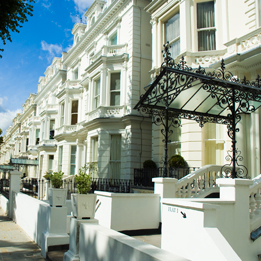 Buying a share of freehold property
Buying a share of freehold property
Clients and particularly first time buyers often get confused when they are interested in buying a property which is a share of freehold property, especially as this may be specifically marketed heavily (the freehold aspect) by estate agents. The concept is actually quite simple and where a share of the freehold comes with a flat, it is generally beneficial. If the property you own or are going to buy is a share of freehold you will own a portion of the freehold which will be divided equally amongst all owners. A share of freehold properties will have a lease which will detail what you can and can’t do with the property and who is responsible for maintaining what.
The biggest positive differences between share of freehold and leasehold properties is that you probably won’t have to pay ground rent and extending the lease is usually a lot cheaper.
The most important things to be aware of are:-
-
Freehold refers to an interest in land which is forever, and every property will have a freehold title (Land Registry certificate) owned by individuals or by a company.
-
Buying a flat is buying the leasehold interest. You may also get a share of the freehold. There will be 2 separate titles to the property, 1 leasehold and 1 freehold.
-
With a share of freehold, at some stage in the past, the freeholder, knowing that his, her or its remaining interest in the property is worth very little and also knowing that, with a lease, the freeholder will have ongoing obligations such as maintenance of the building, insurance and so on, will have decided to sell the freehold, and the existing leaseholders at that time will have bought it for a typically low value.
-
In the situation above, the leaseholders may have set up a company and each flat owner will own a share in the company which is the registered owner of the freehold. Where there are only a few flats, in a converted house perhaps, the freehold may be owned by the individual’s leaseholders and not by a company.
-
To recap, the long lease interest is separate from the freehold. It is the long lease interest which is far more valuable than a share of the freehold title.
-
The advantage is that the leaseholders fully control the building and are not reliant on a freeholder who does not care about the building, whose freehold is worth only a small amount, dealing with important issues like buildings insurance, maintenance of the structure and so on. It is not unusual for these issues, or a freeholder who has gone away or disappeared, to cause major issues when buying or selling a property or generally.
If you are considering buying a share of freehold property, get in touch with us to discuss any issues or concerns or for a quote for the legal work involved property@olaleslie.com or call 02071830084








Leave A Comment